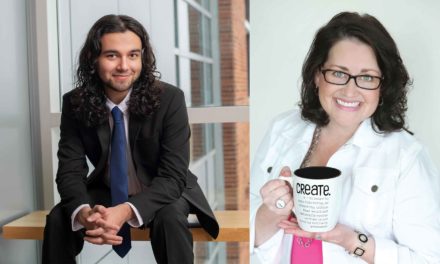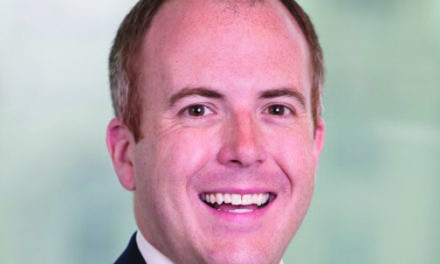
The pandemic has demanded that individuals and employers reimagine the future of work, specifically who, where, and how the work is performed. Keleigh Asbury, director of Smeal Alumni Career Services, and Jennifer Nicholas, formerly assistant director of alumni career services and currently director of postdoctoral affairs for Penn State, discuss what this means for alumni in today’s job market.
Why is “the future of work” so relevant to today’s workforce?
Keleigh: The pandemic aggressively shifted work locations from the traditional to the home office, where many employees found the remote environment to be significantly more productive and cost effective. Transitioning back to “normal” once the pandemic eased up proved challenging to companies, as many employees seemed to prefer the new environment.
Jennifer: Employers have established new norms for virtual communication and project management. Job seekers need to demonstrate how they’ve been able to thrive in a virtual environment with keywords that signal proficiency with new technology. Resumes and LinkedIn profiles should be solution-oriented to address needs of the coming year.
How can employers position themselves for a competitive advantage?
Keleigh: Now that job seekers have the upper hand on where they choose to live and work, career transitions and pivots are more common than ever. Employers who offer flexible schedules and work locations, competitive salaries, unrestricted paid-time-off, professional development, and holistic wellness programs are not only proactive but also progressive in their approach to recruiting and retention.
How have job postings at Penn State changed?
Keleigh: The University’s recruiting platform, Nittany Lion Careers, showed a dramatic increase in regional and nationally based remote job postings across the fields of finance, marketing, and business development. While many organizations comprehend that remote and flexible work options are desirable for top candidates, those who are unable to pivot or plan for this workforce trend find themselves outside of the competitive market for talent.
Jennifer: Smeal graduates have in-demand skill sets for a changing workforce. Anyone perusing Nittany Lion Careers will also notice many opportunities in accounting, finance, sales, marketing, and supply chain, aimed at early career professionals in Pennsylvania.
How can Smeal’s alumni career coaches help?
Jennifer: We coach alumni through career transitions by helping them to strengthen their mindset, achieve self-clarity, and conduct market research.
We are hearing from many alumni that a desire to “make a difference” is a motivation behind their job change. Impact Careers, a new partnership with Smeal’s Business Career Center and Center for the Business of Sustainability, supports alumni seeking to align their job search with corporate dedication to the triple bottom line: people, profit, and planet. We’re excited by the rising interest in ESG (environmental, social, and governance) principles.
Keleigh: Meaningful careers to job seekers and career transitioners are now more than just a job description with duties and responsibilities that fit with their present skills and future aspirations. Organizations that provide tangible resources for employee wellness and engagement, professional development, and succession planning are in a better position to retain their employees.
What practices can be adopted immediately?
Keleigh: The Society for Human Resource Management recommends that employers build an infrastructure that supports the future of work, now. This recommended process includes staying informed of developing positions that fortify a future-oriented organization, determining technology needs by department and division, conducting a jobs and skills analysis to understand how work is presently done and plan for future needs, strengthening the employee value proposition to retain talent in critical roles, and reimagining the talent model beyond attracting and retaining employees.
We’re pleased to share that Penn State Human Resources is engaging in many of these strategies for its faculty and staff workforce and can reference best practices when working with recruiters and Smeal alumni.
– Anne Louise Cropp

Want to make a difference for Smeal students this Giving Tuesday? Be a champion for this year’s event.
Champions spread the word about Smeal’s GivingTuesday campaign among their social networks to help garner support for Smeal students.
Last year, Champions helped raise more than $28,000 for Smeal’s Student Emergency Fund.




